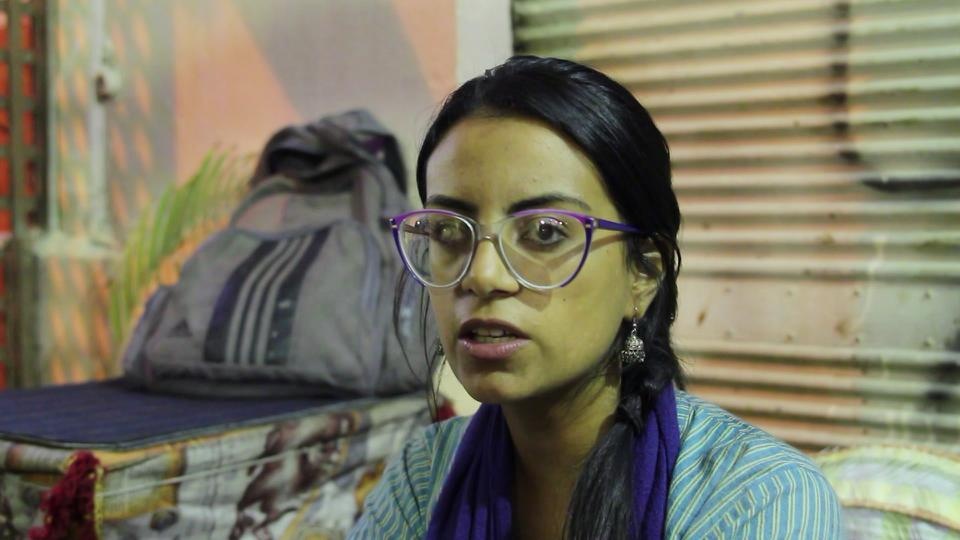ONE EMAIL. ONE STORY. EVERY WEEK. SIGN UP FOR THE VICE NEWSLETTER.
By signing up, you agree to the Terms of Use and Privacy Policy & to receive electronic communications from Vice Media Group, which may include marketing promotions, advertisements and sponsored content.
.jpg)
.jpg)

%20copia%202-1.jpg)
.jpg)
.jpg)

%20copia%202-1.jpg)